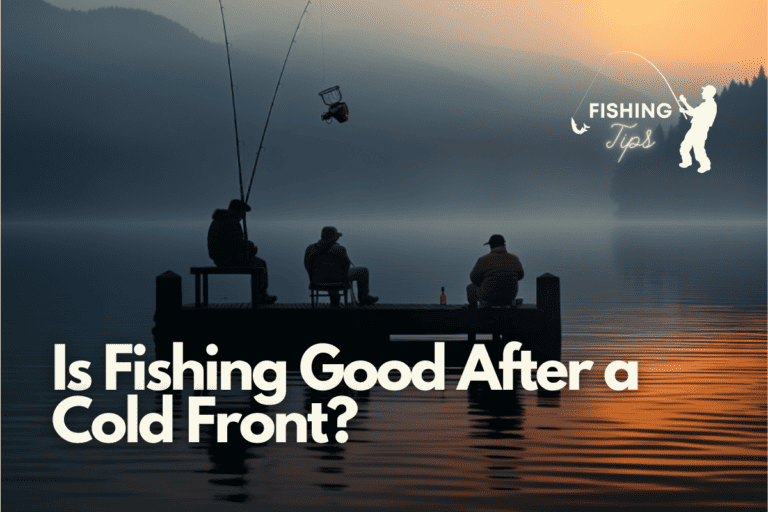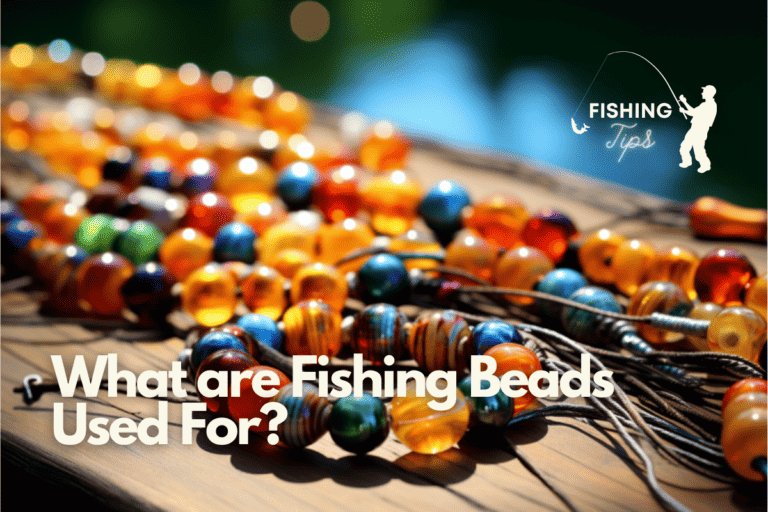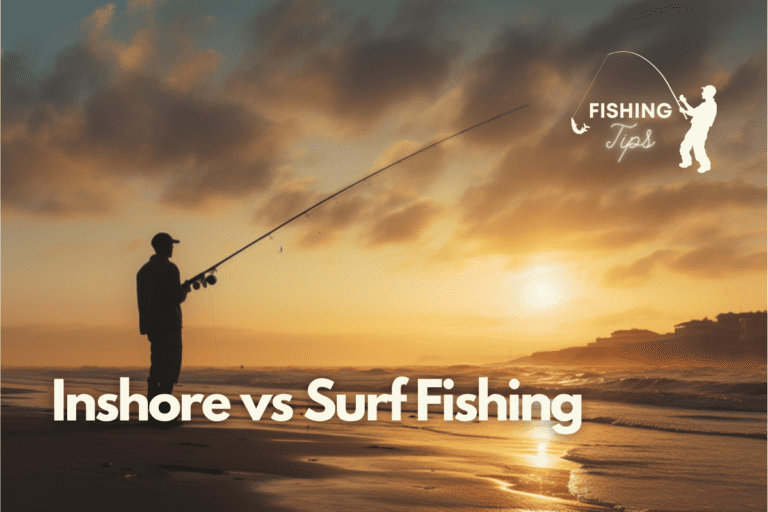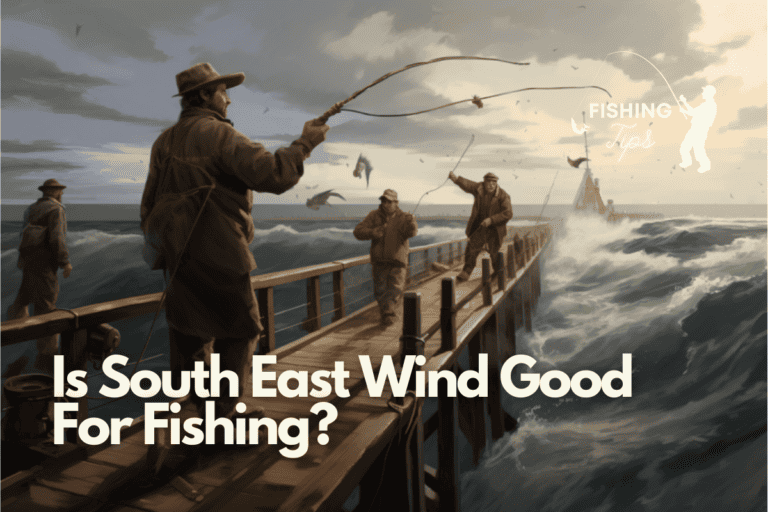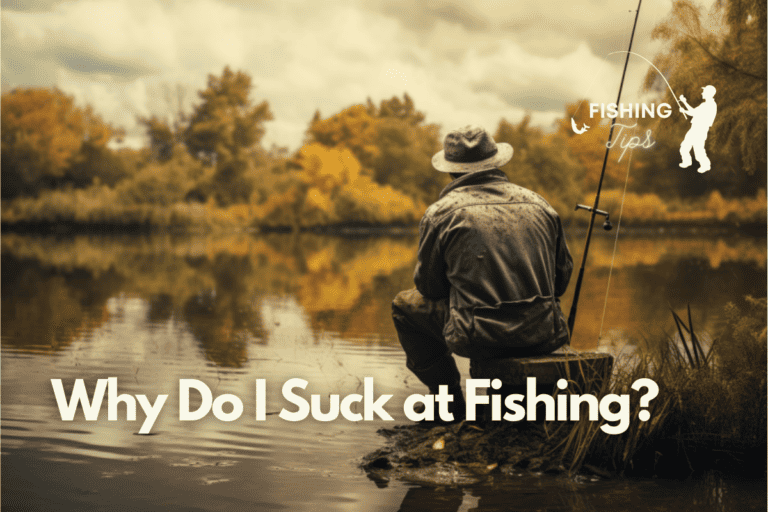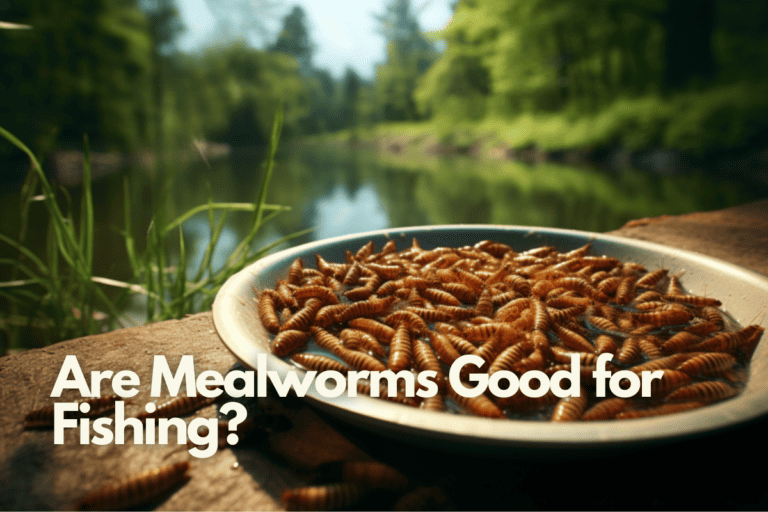What Weather Factors Improve Fishing Success?
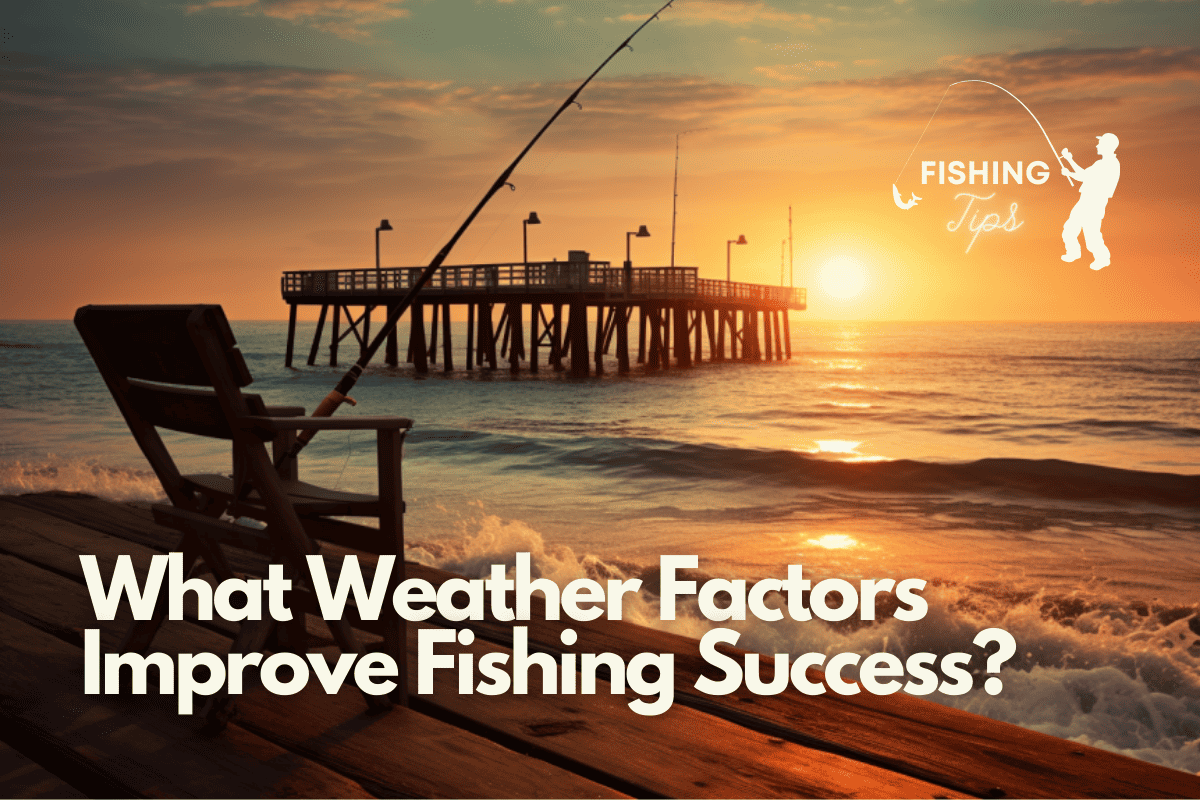
Fishing is an art, a science, and a dance with nature. While skill and experience play a significant role in an angler’s success, the weather undeniably holds sway over the behavior of fish.
Let’s delve into what weather factors improve fishing success or hinder your fishing endeavors.
What Weather Factors Improve Fishing Success? Barometric Pressure
Barometric pressure, the weight of the atmosphere, has a profound impact on fish behavior. Fish are sensitive to changes in this pressure:
- High or Low Pressure: When barometric pressures become too high or too low, fish tend to become less active. These fluctuating pressures push fish to dive deeper, making them harder to catch.
- Falling Pressure: Incoming precipitation and cooler temperatures often lead to falling barometric pressures. During these times, fish are more likely to be active in shallow waters, hunting for food.
The Impact of Various Weather Factors on Fishing Success
| Weather Factor | Impact on Fish Behavior | Fishing Tips |
|---|---|---|
| Barometric Pressure | – High/Low: Less active, deeper waters | – Fish deeper during extreme pressures |
| – Falling: Active in shallow waters | – Fish near the shoreline during falling pressures | |
| Wind Speed | – Pushes bait to the coast | – Position bait to move with the wind |
| Sunlight | – Hot days: Seek deeper waters | – Fish during cooler hours on sunny days |
| – Feeding during early morning and evening | – Opt for dawn or dusk fishing | |
| Rainfall | – Light rain: Increased activity | – Use natural-looking bait during light rain |
| – Heavy rain: Reduced visibility | – Avoid fishing in muddy waters during heavy rain | |
| Cloudy Conditions | – Active and dispersed behavior | – Fish freely, covering more water areas |
| Temperature | – Extreme temps: Limited movement | – Adjust fishing depth based on water temperature |
| Sudden Weather Changes | – Seek consistent water temperatures | – Avoid fishing during rapid weather fluctuations |
Wind Speed
The wind can be an angler’s ally or adversary:
- Bait Movement: Wind pushes bait towards the coast. Where there’s bait, there are fish. It’s beneficial to fish in a position where your bait moves with the wind, mimicking natural movement.
Sunlight
The sun’s rays influence fish in various ways:
- Seeking Shade: On hot, sunny days, fish, like humans, seek respite in the shade. They often move to deeper waters to escape the heat. Thus, during warmer days, it’s advisable to fish during the cooler hours of early morning or late afternoon.
- Feeding Movements: Fish tend to feed more during the early morning and evening, avoiding the intense midday sun.
Rainfall
Rain can be a blessing for anglers:
- Increased Activity: Light rain can wash bait and insects into the water, making fish more active. They feed more during such conditions, increasing the chances of a catch.
- Visibility Issues: However, heavy rainfall can muddy the waters and reduce visibility, making it harder for fish to spot your bait.
Cloudy Conditions
Overcast skies can be favorable for fishing:
- Increased Mobility: Fish tend to be more active and dispersed during cloudy conditions compared to sunny days. The clouds reduce the intensity of light penetrating the water.
Temperature
Temperature fluctuations can impact the entire aquatic food chain:
- Extreme Temperatures: Very high or low temperatures can limit fish movements. Since fish are cold-blooded, they can’t regulate their body temperature like warm-blooded creatures. They might seek warmer or cooler waters based on the ambient temperature.
Sudden Weather Changes
Consistency is key:
- Fluctuating Conditions: Rapid weather changes can be detrimental to fishing. Fish don’t appreciate sudden shifts and might constantly move to find more comfortable conditions.
Final Thoughts
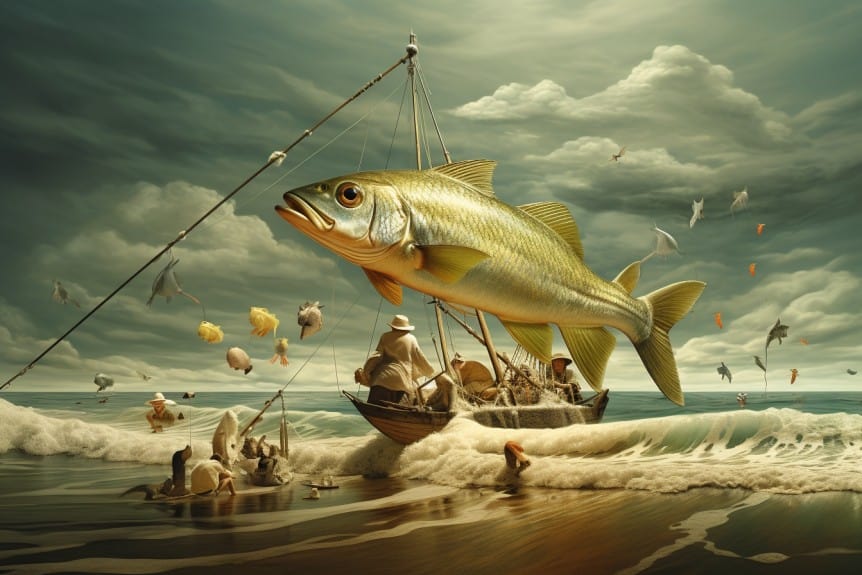
Weather plays a pivotal role in determining the success of a fishing trip. By understanding and adapting to these conditions, anglers can enhance their chances of a fruitful catch.
FAQ
Q: Is fishing during a cold front advisable? A: Cold fronts can make fish less active, especially immediately after the front passes. However, as conditions stabilize, fish activity can increase.
Q: How does wind direction affect fishing? A: Wind direction can determine where baitfish are pushed. Predatory fish often follow these baitfish, so anglers should pay attention to wind direction to locate potential hotspots.
Q: Are overcast days better for fishing than sunny days? A: Generally, overcast days can be better for fishing as fish tend to be more active and dispersed throughout the water. However, other factors like temperature and barometric pressure also play a role.
